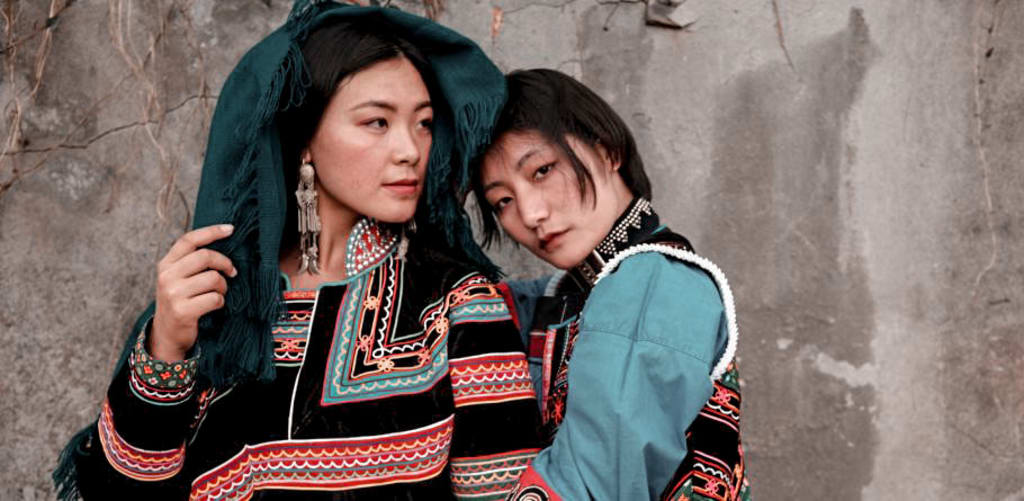Navigating the Controversies
Debates in Anthropological Theory

In the realm of anthropological theory, debates and controversies are not just commonplace; they are essential to the advancement of the discipline. Anthropology, the study of humanity and human societies, encompasses a vast array of theories, perspectives, and methodologies. However, it is within the crucible of debate that these theories are refined, critiqued, and ultimately strengthened.
At the heart of anthropological theory lies a fundamental question: what does it mean to be human? This question has sparked countless debates throughout the history of the discipline, each offering unique insights into the human experience. From the nature versus nurture debate to discussions on cultural relativism and ethnocentrism, anthropologists have grappled with complex issues that challenge our understanding of humanity.
One of the most enduring debates in anthropological theory revolves around the concept of cultural relativism. Cultural relativism asserts that all cultures are equally valid and should be understood on their own terms, without judgment or comparison. Proponents of cultural relativism argue that it is essential to respect and appreciate the diversity of human cultures, rather than imposing one's own cultural values onto others.
However, cultural relativism is not without its critics. Some argue that cultural relativism can lead to moral relativism, where all moral principles are seen as relative to cultural norms. This has sparked heated debates within anthropology about the universality of human rights and the ethics of cultural practices such as female genital mutilation and child marriage.
Another contentious issue in anthropological theory is the debate over biological determinism versus cultural constructionism. Biological determinism posits that human behavior is primarily determined by biological factors such as genetics and evolution. On the other hand, cultural constructionism argues that human behavior is shaped by cultural influences, such as language, social norms, and symbolic meanings.
The debate between biological determinism and cultural constructionism has profound implications for our understanding of human nature and social behavior. It touches on issues such as gender roles, race, and the origins of human cooperation and conflict. While some anthropologists emphasize the importance of biology in shaping human behavior, others argue that culture plays a far more significant role in determining our actions and beliefs.
Perhaps one of the most contentious debates in anthropological theory is the clash between structural-functionalism and cultural Marxism. Structural-functionalism, developed by anthropologists such as Bronislaw Malinowski and A.R. Radcliffe-Brown, emphasizes the importance of social structures and institutions in maintaining social order and stability. According to this perspective, every aspect of culture serves a specific function in society, contributing to its overall cohesion and functioning.
In contrast, cultural Marxism, influenced by the work of Karl Marx and later critical theorists, focuses on the role of power, inequality, and exploitation in shaping social relations. Proponents of cultural Marxism argue that social structures are not neutral but are instead shaped by the interests of dominant groups, such as the bourgeoisie in capitalist societies. This perspective has led to critiques of structural-functionalism for its alleged conservatism and failure to address issues of power and inequality.
The debates and controversies within anthropological theory are not confined to academic journals and classrooms. They have real-world implications for how we understand and interact with diverse cultures and societies. For example, the debate over cultural relativism has influenced international development policies and human rights advocacy, shaping how governments and organizations engage with indigenous peoples and marginalized communities.
Similarly, the debate over biological determinism versus cultural constructionism has implications for public health interventions, education policies, and criminal justice systems. Understanding the complex interplay between biology and culture can help policymakers develop more effective strategies for addressing issues such as poverty, crime, and disease.
In conclusion, debates and controversies are at the heart of anthropological theory, driving the discipline forward and challenging our preconceived notions of what it means to be human. From discussions on cultural relativism to debates over biological determinism and structural-functionalism, anthropologists grapple with complex issues that have profound implications for our understanding of humanity. By engaging in these debates with open minds and critical perspectives, anthropologists can continue to push the boundaries of knowledge and contribute to a more nuanced understanding of the human experience.
About the Creator
Mohamed Ali
Mohamed Ali is a passionate writer and researcher with a keen interest in exploring the complexities of human behavior and society through the lens of sociology. With a background in sociology and psychology.
Enjoyed the story? Support the Creator.
Subscribe for free to receive all their stories in your feed. You could also pledge your support or give them a one-off tip, letting them know you appreciate their work.






Comments
There are no comments for this story
Be the first to respond and start the conversation.